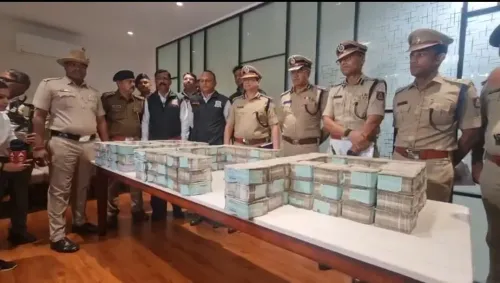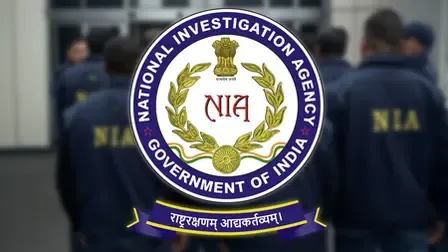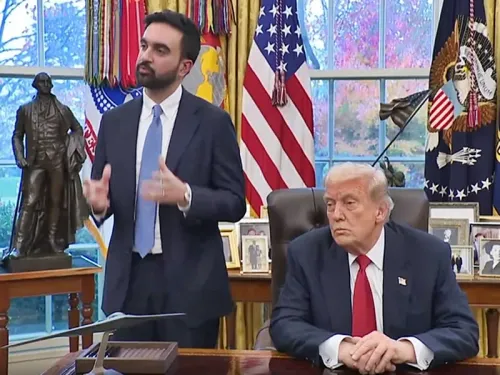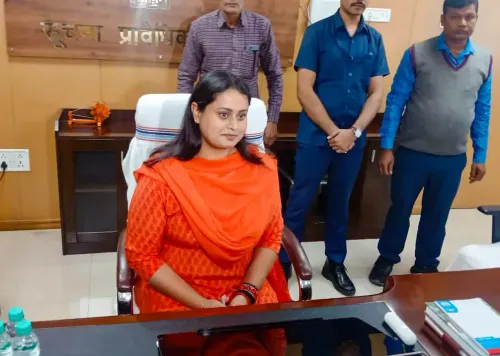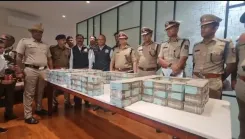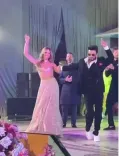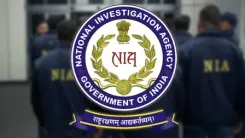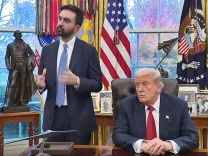Is Putin's Upcoming Visit to India a Game Changer Amid Global Shifts and US Tariffs?

Synopsis
Key Takeaways
- Putin's visit is significant for India-Russia relations.
- U.S. tariffs create economic tensions.
- Revival of the RIC could counter Western dominance.
- Modi's meeting with Xi Jinping is pivotal.
- India aims to maintain an independent foreign policy.
New Delhi, Aug 7 (NationPress) National Security Advisor Ajit Doval, currently in Russia, announced that President Vladimir Putin is set to visit India, although the specific dates are yet to be finalized. This marks Putin's first trip to India since the onset of the Russia-Ukraine conflict, and the U.S. is closely monitoring the situation.
The significance of this visit becomes particularly evident as the U.S. has imposed a 50% tariff on India for acquiring Russian oil, with President Donald Trump accusing India of financing Russia’s military efforts.
Putin's visit arrives at a pivotal moment amid various global developments. Over the years, India has progressively aligned itself with the United States through partnerships like the Quad, yet New Delhi maintains that its relationship with Russia remains robust and reliable.
During his time in India, high-level discussions are expected with Prime Minister Narendra Modi. Although the agenda remains unclear, there’s speculation about the possible revival of the Russia-India-China Troika. For this to occur, China would need to be involved, making Putin’s visit appear as a potential initial step.
The RIC, once regarded as a counterbalance to Western influence, has regained importance, especially since the Trump administration has intensified economic pressures on all three nations.
Another factor fostering recalibration is Modi's upcoming trip to China for the Shanghai Cooperation Summit on August 31, where a meeting with President Xi Jinping is anticipated. Should these discussions yield positive results, the RIC could emerge as a significant alliance against U.S. and European pressures.
Russia expresses a strong interest in rejuvenating the RIC, which has remained inactive for an extended period. In May, Moscow articulated the need to revive this format to anchor itself in Eurasian diplomacy.
Nevertheless, it is evident that India will not succumb to U.S. tariff threats over Russian oil purchases, providing context for Doval's visit to Russia and Putin's anticipated trip to India this month.
The Trump administration has introduced new tariffs affecting several nations, including India and China, which are also tied to Russia. The sanctions imposed on Russia due to the ongoing conflict have created a shared interest among the RIC nations to respond collectively.
Tariffs and secondary sanctions pose a significant risk to all three countries, prompting a potential alliance and revival of the Troika.
India has distanced itself from the RIC in recent years due to border disputes with China. However, the rapidly evolving global landscape may encourage both India and China to reconsider this partnership. India aims to uphold an independent foreign policy, avoiding alignment with either the U.S. or China, making the RIC a suitable platform for collaboration on specific issues.
Furthermore, both Russia and China are crucial for India's energy requirements. The RIC could provide India with a strategic buffer against Western pressures, initially proposed by former Russian Prime Minister Yevgeny Primakov in the 1990s as a counterbalance to Western dominance. There have been 20 ministerial-level meetings, but the format lost momentum after the 2020 Galwan Valley incident.

